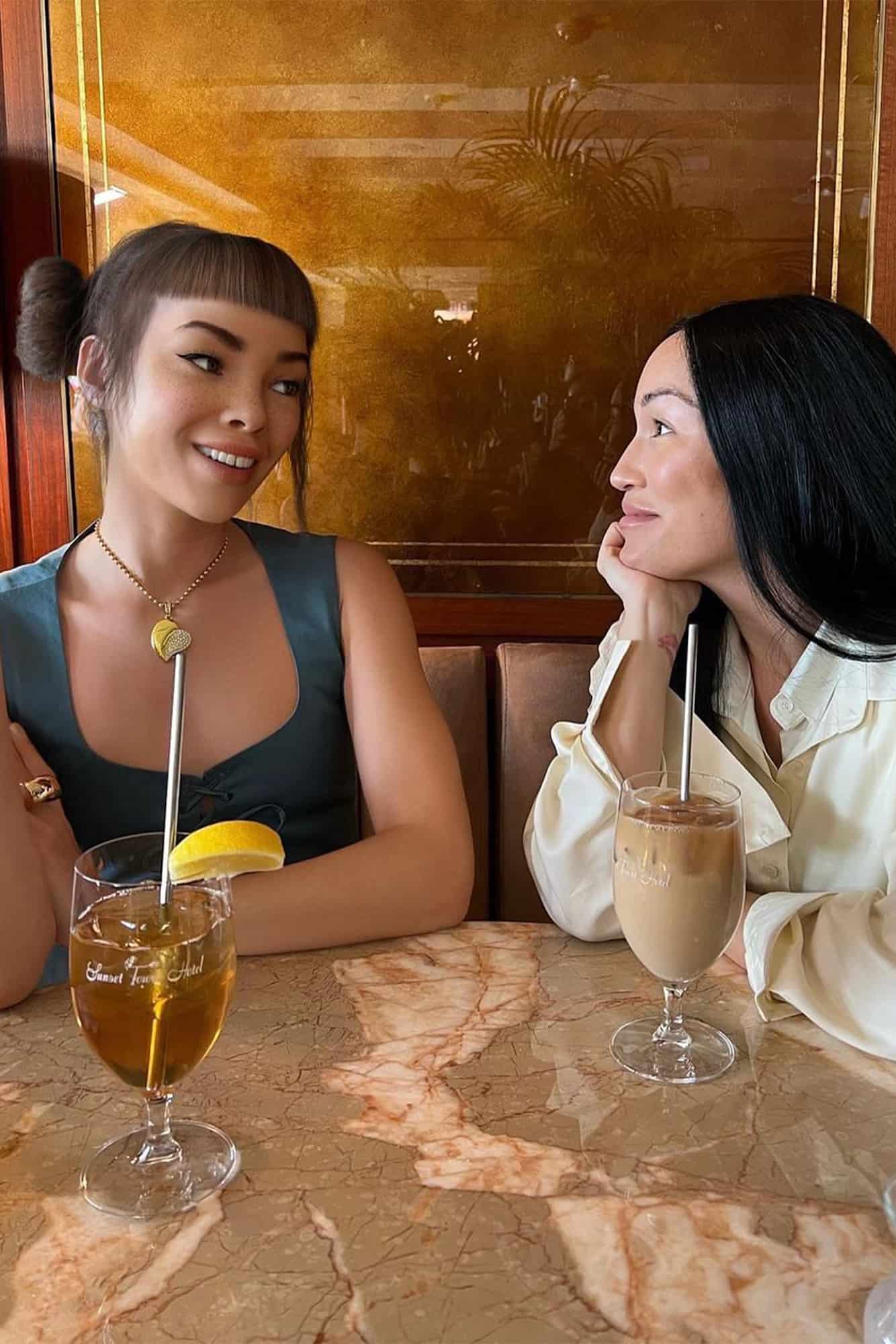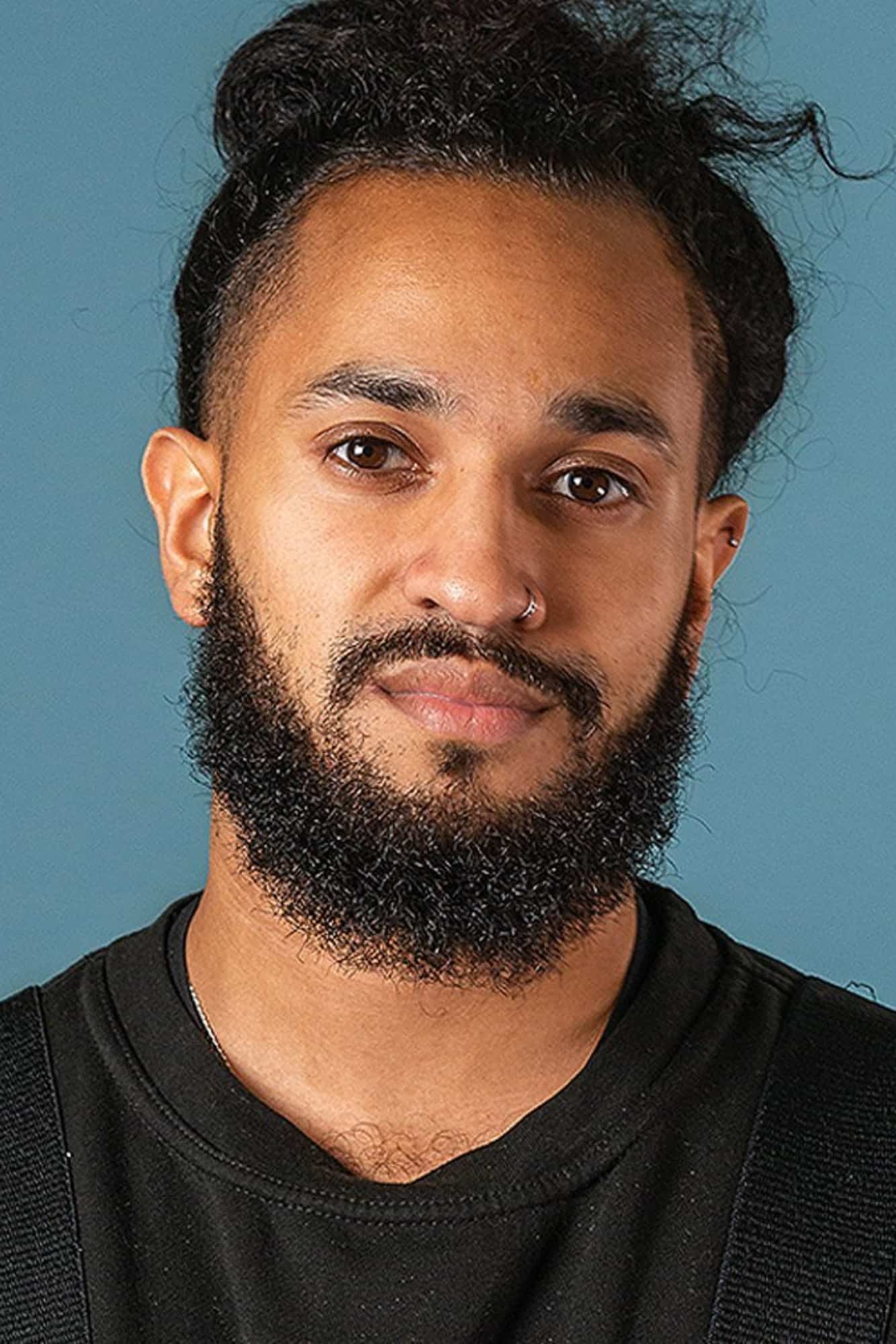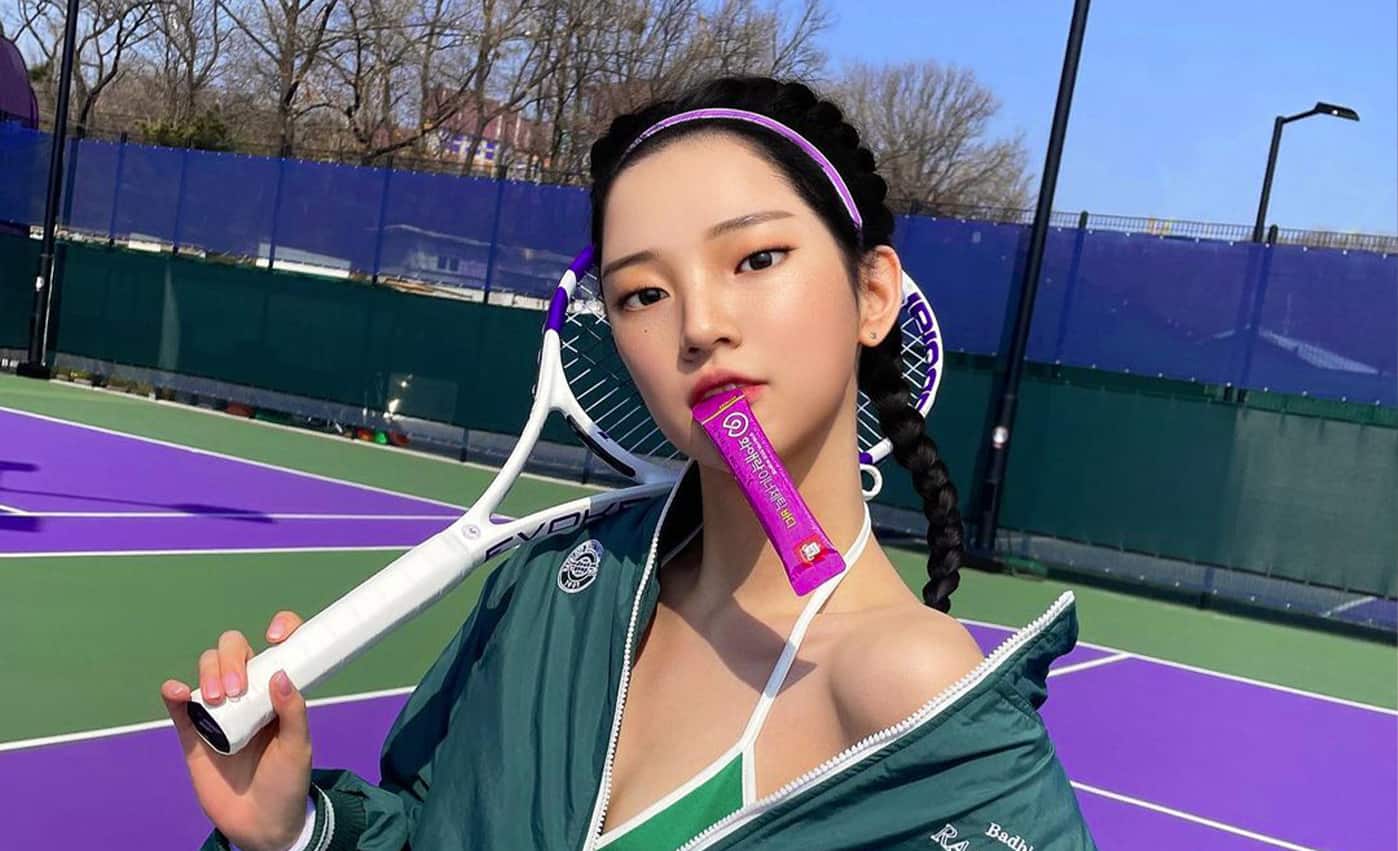Prada recently announced its new muse for its Candy fragrance line. Instead of an A-list celebrity or a luxury content creator with millions of followers fronting the campaign, it was a virtual model called Candy, with the tagline “RethinkReality”.
On the surface, it’s easy to see this as innovative from Prada, blending modern technology with traditional advertising and high fashion. Luxury brands have often been slower to curate social media feeds full of engaging content, and typically the task is down to interesting influencers skilled at storytelling to flog a new perfume, handbag or lipstick. Candy isn’t the first virtual influencer we’ve seen however, in 2018, a dark-skinned Black supermodel emerged on Instagram by the name Shudu, sporting a bright orange Fenty Beauty lipstick. It didn’t take long before London-based photographer Cameron-James Wilson revealed in an interview with Harper’s Bazaar that she was created using 3D imagery.
View this post on Instagram
While some marvelled at Shudu’s realistic features, many were critical, as women of colour in the influencer industry have long been vocal about their struggle to build a platform and earn the same as their white counterparts. The overarching issue was instead of hiring a Black woman, a white man was simply profiting off the digital image of one.
Since then, Miquela Sousa, aka Little Miquela, has made headlines and racked up 3.1 million followers. The 19-year-old Brazilian American with space buns, airbrushed skin and a face full of freckles is an influencer, model and musical artist on Instagram. What’s the catch? She’s computer-generated, built by Brud, an LA startup that specialises in robotics and artificial intelligence. She is marketed as socially conscious and in 2018, appeared in Time’s Most Influential People on the Internet list. In the same year, another virtual character emerged by the name of Bermuda is Bae. And in a bizarre twist, pro-Trump Bermuda hacked Miquela’s account and replaced all the posts with pictures of herself, accusing Miquela of being a “fake ass person” – despite not being real herself. Miquela’s posts eventually returned and as of 2021, the two appear to be friends online.
View this post on Instagram
The virtual world is taking over
We’re also seeing the blurring of lines between augmented and virtual reality across our social media sphere. Last week Facebook founder Mark Zuckerberg unveiled the new changes coming to the platform, one being a name change to Meta, the other a new focus on the metaverse, which he described as, “a boundless place where you can live your life online, if you want to.” You can virtually visit friends as a hologram, take part in gaming, shop and socialise.
Back to the present day. While Candy, the new Prada influencer, is cleverly created and the latest development in the marriage of the influencer industry and AI, it’s also a missed opportunity for the luxury Italian fashion house to hire a diverse face to front the fragrance campaign. Designer brands are notorious for their poor casting choices for campaigns and catwalk shows, Anok Yai was the first Black model to open a runway show for Prada in over 20 years in 2018, following predecessor Naomi Campbell who did so in 1997. Labels like Chanel, Etro and Saint Laurent Paris have long been criticised for failing to cast Black and people of colour in their collections with change slow to be seen.
You may also like
There’s no shortage of models who have posted their difficulties being in the industry either. Last week British model Leomie Anderson shared a TikTok exposing the realities of being a Black model during fashion week, detailing her experience having to do her own hair and makeup before walking the runway for Christian Cowan. The video at the time of writing has over 500,000 views.
So yes, it’s fun to look at Candy and see how realistic she looks draped around a bottle of perfume, but ultimately, this could have been an opportunity to spotlight an up-and-coming creator, for Prada to face its diversity critics head-on and lead change within luxury fashion.
By Louise Whitbread, editor of CORQ. Picture credit: Prada via Instagram










